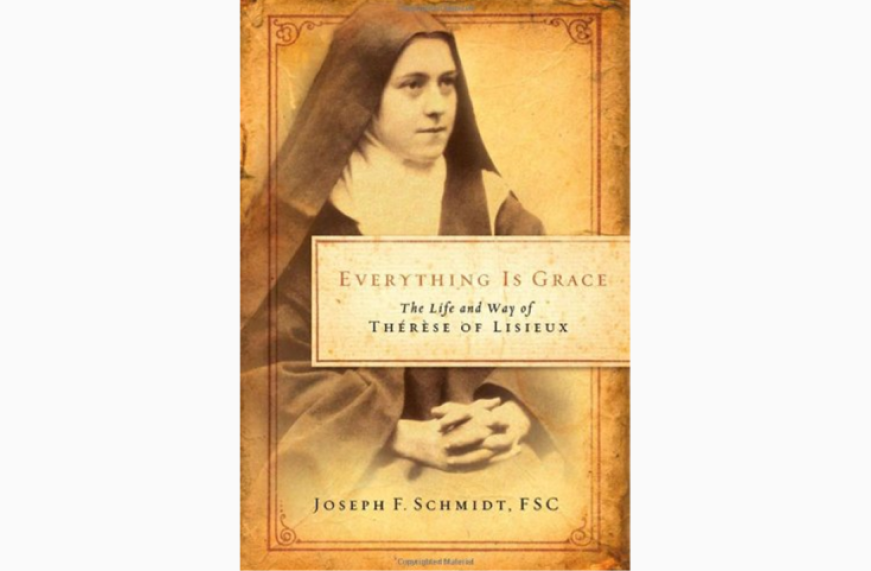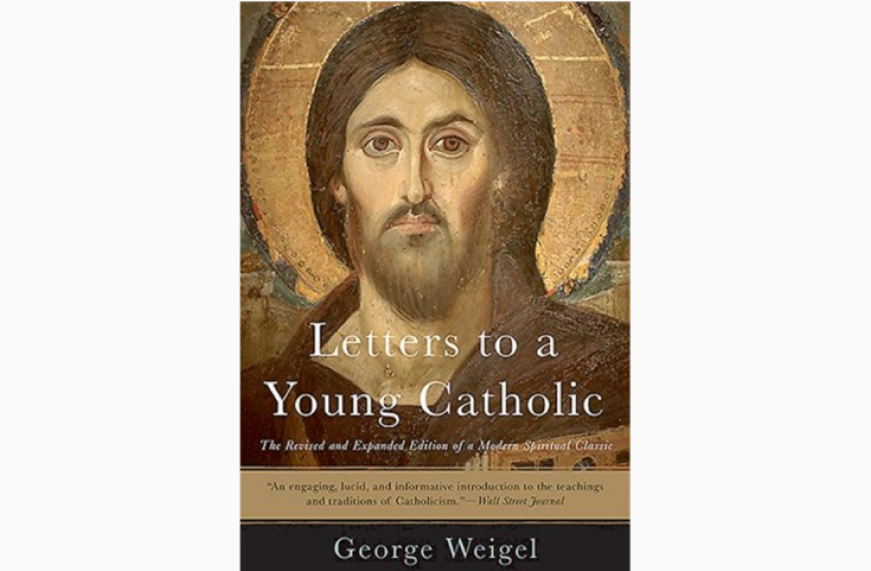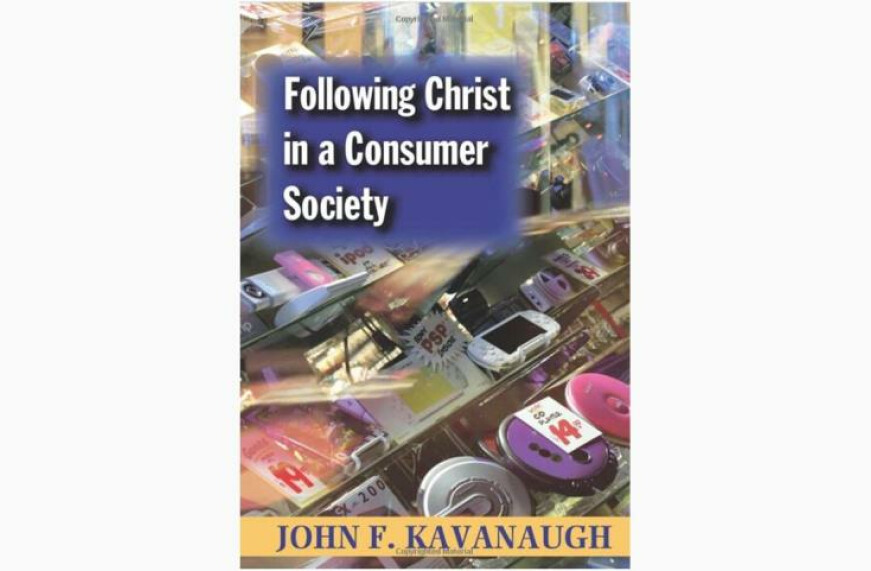Everything is Grace: the LIfe and Way of Therese of Lisieux

One of my favorite saints is St. Therese of Lisieux. She is known for her “little way” that strives to find joy in all the little things as an expression and appreciation for God’s love. Recently, I picked up a book as a spiritual read titled, "Everything is Grace: the Life and Way of Therese of Lisieux." by Joseph Schmidt, FSC. One of the pages I marked as being significant. I sat on this paragraph for quite a bit and share it with you for your own pondering:
Therese says to modern people, burdened with a sense of homelessness in life and suffering a sense of quiet despair, "You are searching in the face of death for meaning in your life, for authentic existence, for liberation, for happiness, for freedom, and for truth; you are looking for love and transcendence, for connectedness and companionship, for affirmation and a sense of fulfillment. I have discovered what you search for: it is God, it is divine love stooping down to embrace you. And I know a way that will lead you out of your darkness and suffering. The way is the path of accepting divine love into your life. Of willing to be available to the beloved God even in our weakness and despair. It is the way of being aware of your need for love, willing to give yourself to God’s loving embrace like a child abandons itself with confidence and love into the arms of its loving parent, and the freely sharing love with others in creative good works of peace and justice. It is the willingness to be the person God calls you to be."
There is so much in our world that zaps us of the simplicity required to put God first. Just imagine if we focused on nothing but loving God and loving others what a wonderful world this would be.


